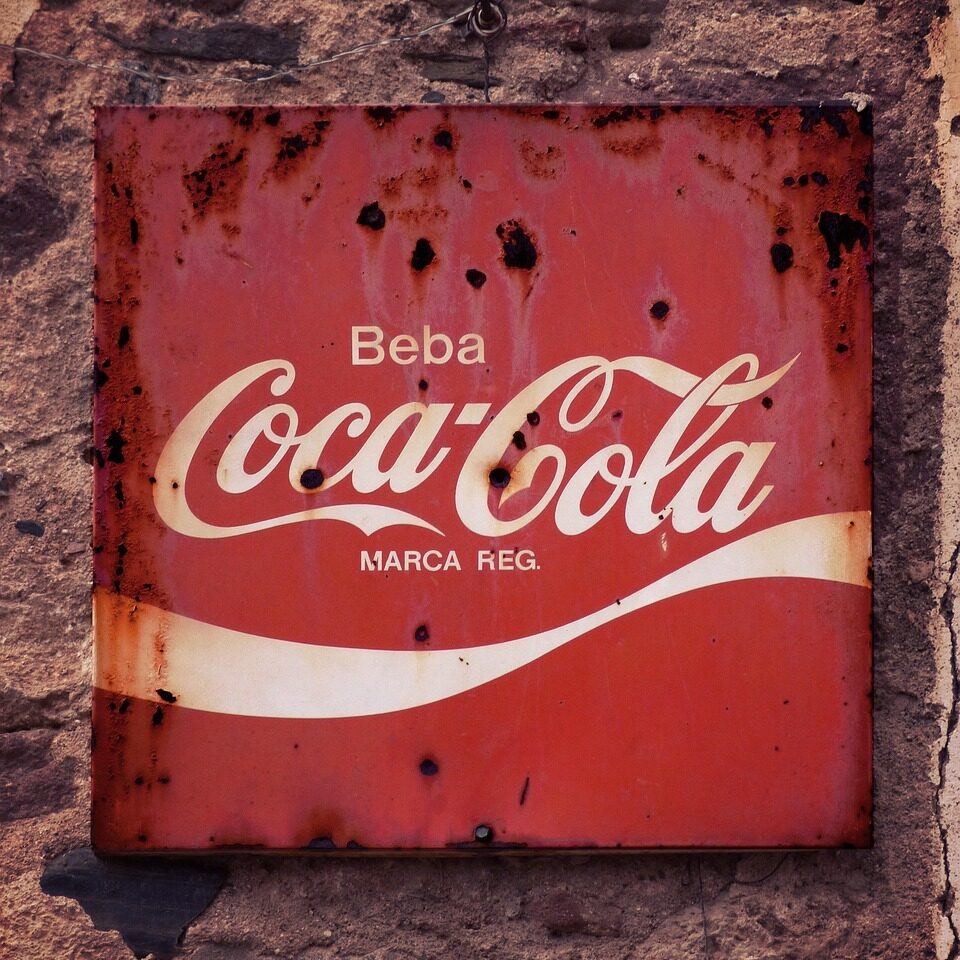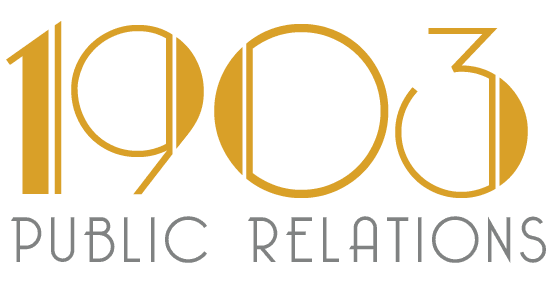Every brand is facing new pressure as culture shifts and financial markets become increasingly volatile. Professionals are navigating complex business decisions that can impact external perceptions and have serious consequences with consumers. Communicating the “why” behind changes and responding quickly to market confusion is more important than ever. For a quick case study, let’s review some lessons to be learned from Coca-Cola’s recent public missteps.
How Coca-Cola Created a Divide with One of Their Largest Markets
A recent controversy has placed Coca-Cola at the center of a boycott with one of their biggest consumer demographics and a social media storm with online activists claiming that the firing of workers from a Texas-based facility was racially motivated. A growing number of TikTok users allege that U.S. Immigration and Customs Enforcement (ICE) was also called to report these Latin workers. While mainstream media coverage of the story has been limited and the validity of the claims is unclear, the company has yet to make an official statement addressing the concerns.
This silence is hurting Coca-Cola in a very real way since Latin America represents over 530M consumers, equating to a retail value of $120 billion. Whether Coca-Cola did any of the things being accused, its silence in reference to an important issue to such a valuable market segment is a blunder. When it comes to communications best practices there are some insights, this situation should remind all PR professionals:
- Timing is everything: No matter what you are putting out into the world, whether positive or negative news, the manner in which you do so is critical. It’s the difference between being boycotted and not.
- Consider stakeholders and customers: Once out in the world, actions are up for public scrutiny and dissection, and can be positioned in an unintended manner. It’s important to ask how decisions impact your core audiences and how to best navigate negative situations for minimal damage.
- From top to bottom, act in unison: Unfortunately, perception rules and the actions of localized operations can have major implications for the larger corporation. Even small outposts need to follow guidance from headquarters and communicate any concerns to the top.
- Act quickly to put out fires: For most organizations, it can be easier to ride out a storm, but when something grabs the attention of an entire country full of people, it’s important to take decisive action. Gather information, communicate with all relevant parties, and make a statement. Leaving motives to the imagination will do more harm than good.
Unfortunately, even if the allegations being made of Coca-Cola are untrue, the internet has a way of spreading false information even faster than the truth. In this instance, these claims are incredibly damaging to the company and a large sector of their business that has been loyal to the brand across generations. The reason for the lack of a statement is unclear. They might hope that the online chatter might fizzle out before it breaks into the mainstream.
However, if the stories end up having any validity, the importance of having communications professionals from the Latin community at the table when making decisions is even more important. A seasoned professional with first-hand knowledge on how this market segment will interpret changes, announcements, and positioning would have a clear net positive for the company. Good communication could have avoided this backlash altogether.
In this instance, the truth is unclear as the online community continues to bring awareness to the story, while the company is silent. In these chaotic times, stability, predictability, and clear communications reign supreme. Having a PR team that can help navigate the turbulent tides will make a significant difference in preserving brand reputation.
Schedule a Meeting Today

